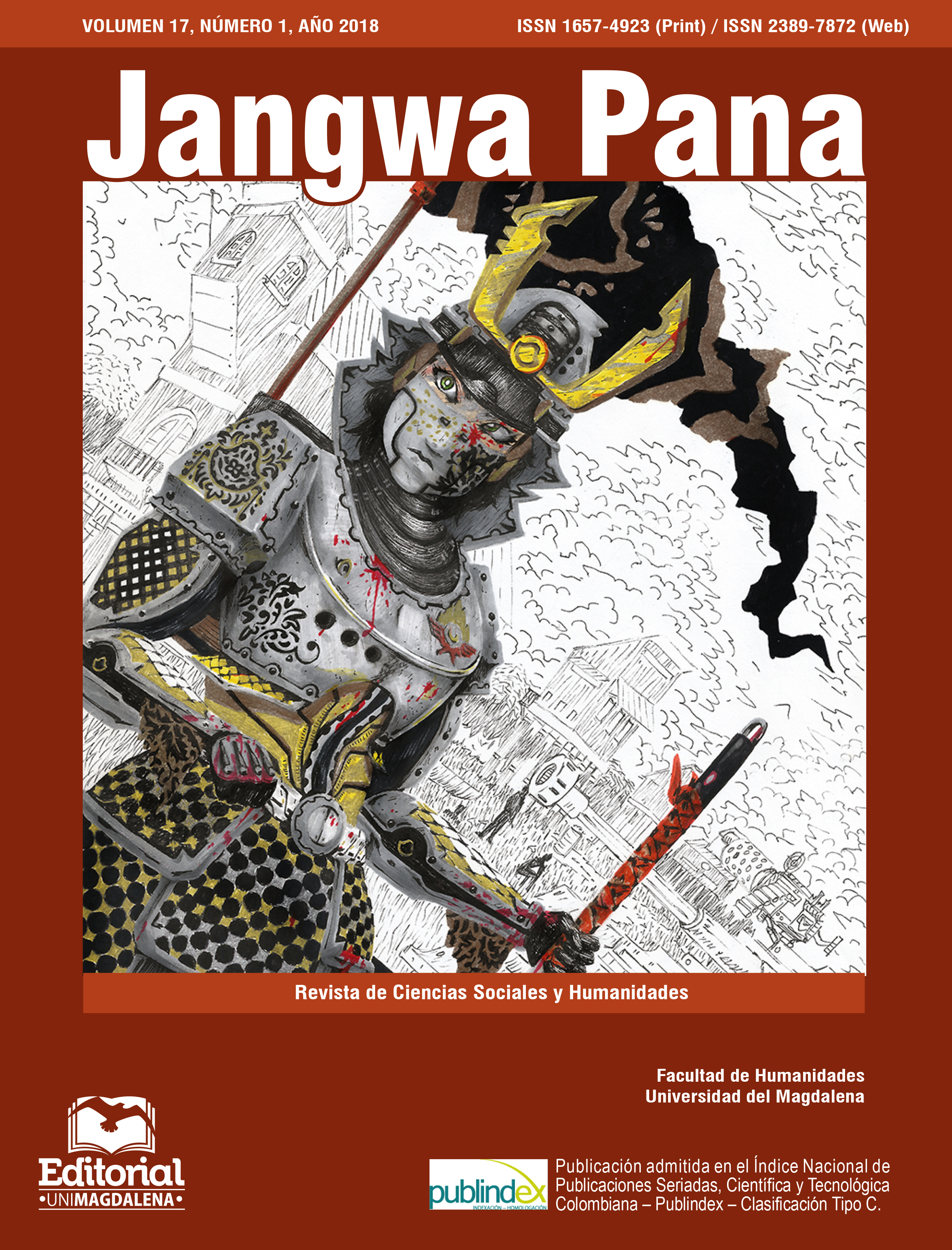¿Otakus y gamers en Buenos Aires?: dinámica compleja y estereotipos negativos
Main Article Content
Abstract
In this article I intend to problematize the otaku identity in Argentine, on the basis of the group self-adscription. I move away from the views that distinguish otakus and gamers as being two different identity groups that, though coexisting in places, have discursive and geographical tensions. My primary goal is to refine the otaku category and explore the dynamic of the group identity, arguing that this definition, when taken superficially, hides much more complex issues of their identification. Negative stereotypes usually attached to the otaku collective, and reaffirmed by mass media, produce different reactions and strategies —both conscious and unconscious— in the group, including the self-adscription to the gamer category. All of them help the actor to deal with such stereotypes. After an extended ethnographic work, interviews, a netnography and a poll among two of the biggest otaku-thematic Facebook groups in Argentine, I thus maintain that there are not enough indicators to prove (or strongly support) a distinction between otaku fans (and enthusiastic followers) and videogame fans. On the contrary, I argue that the self-adscription to the gamer category in groups and conventions is one of the many strategies adopted by the otakus to deal with the negative stereotypation towards them as otaku members, rather than an identity issue.
Downloads
Download data is not yet available.
Article Details
How to Cite
Ricciardelli-Dusseldorp, S. J. (2017). ¿Otakus y gamers en Buenos Aires?: dinámica compleja y estereotipos negativos. Jangwa Pana, 17(1), 41–58. https://doi.org/10.21676/16574923.2311
Section
Premier Dossier

